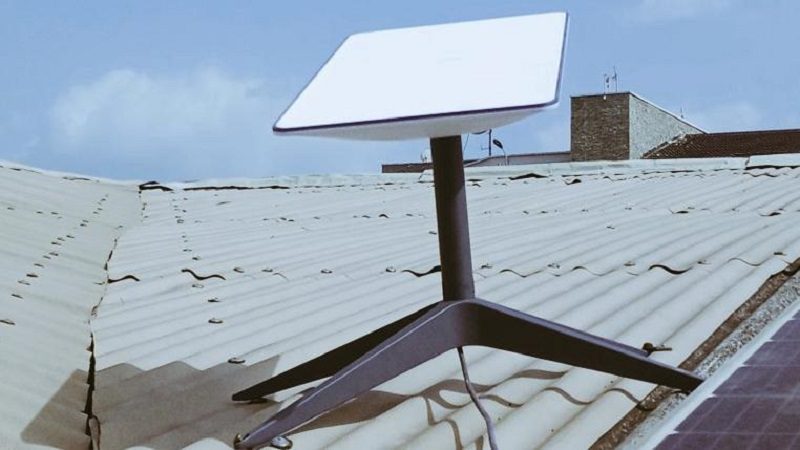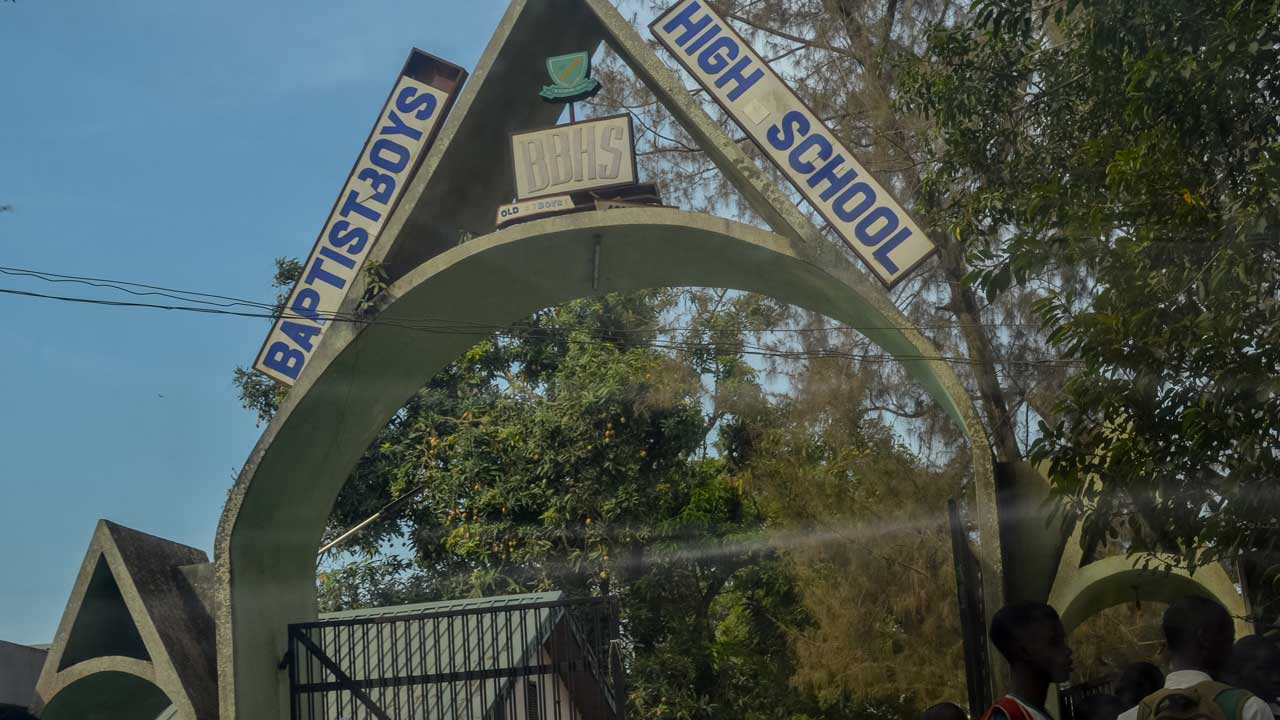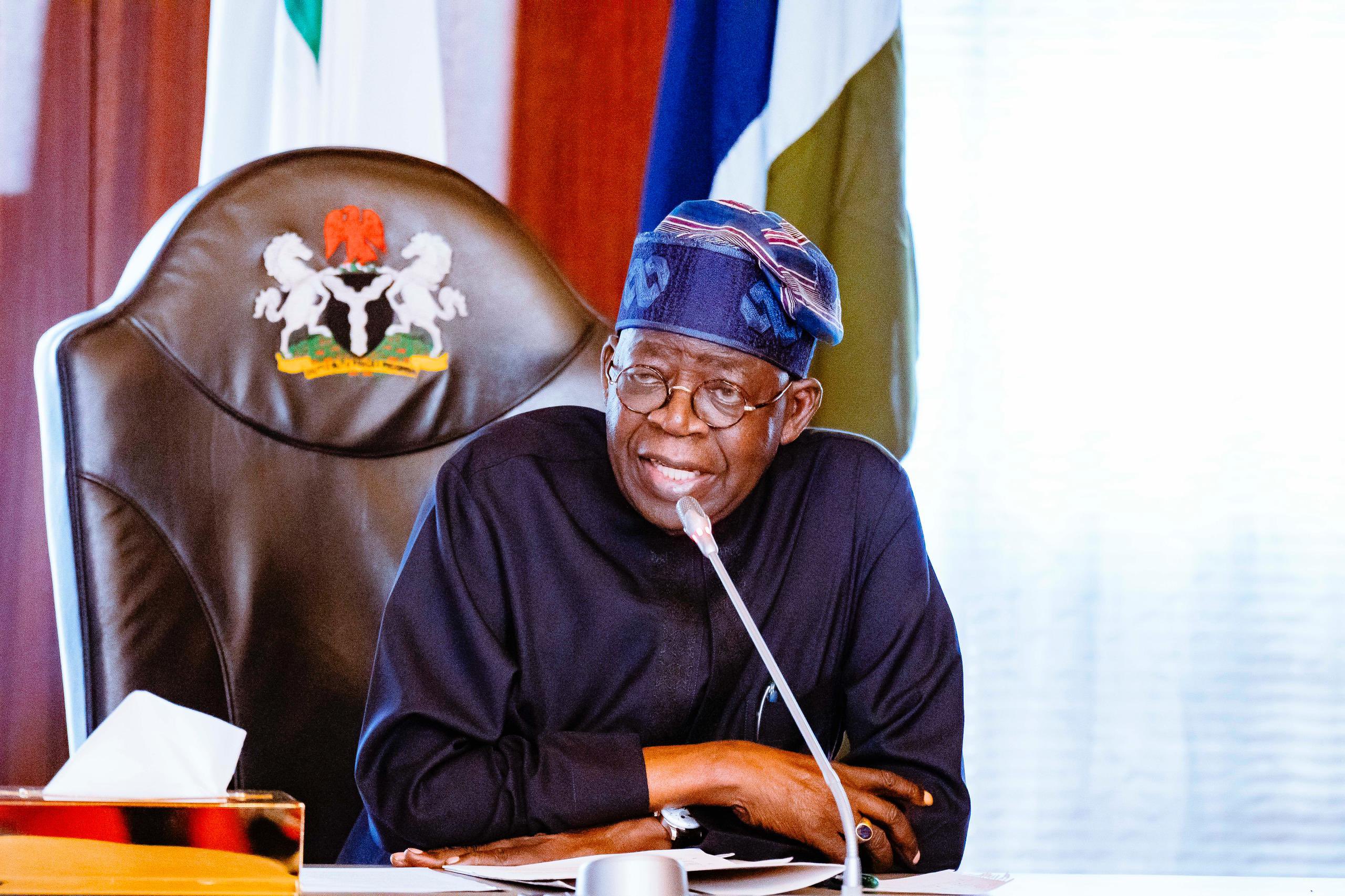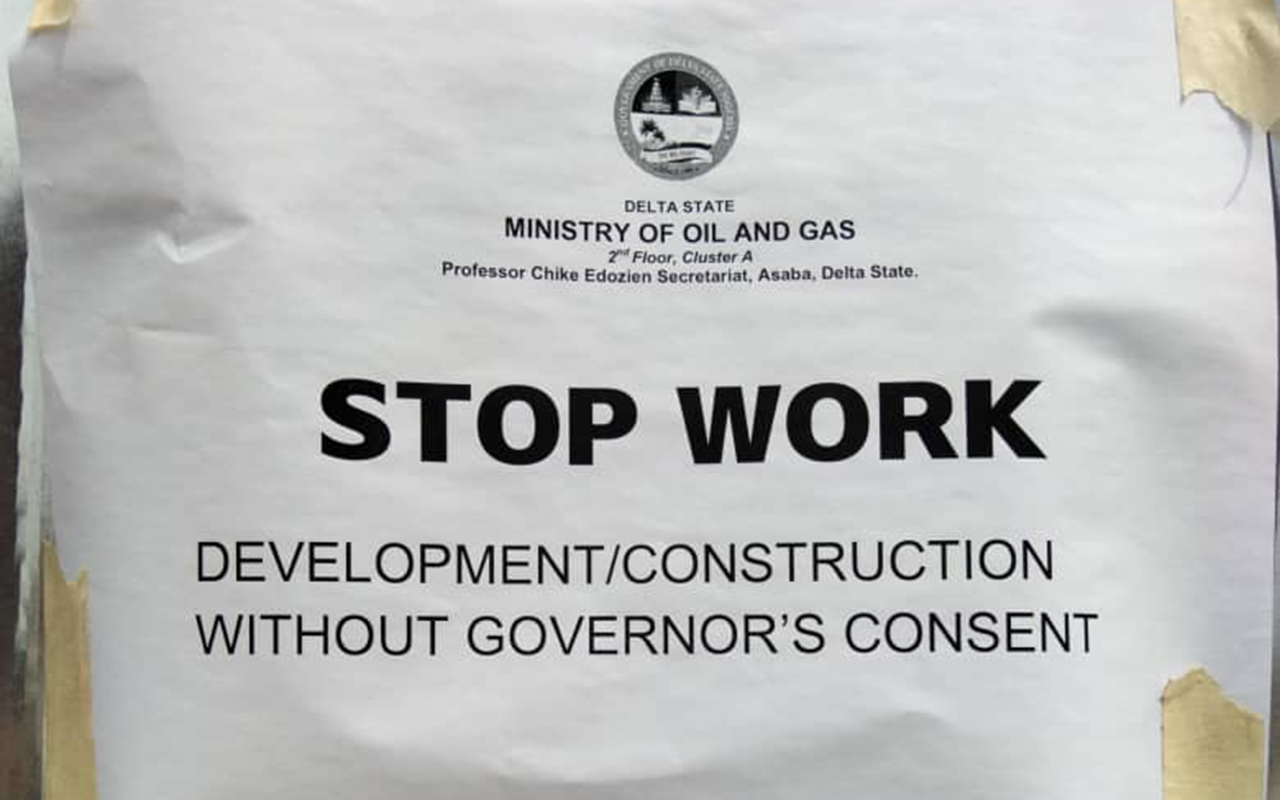 Barring any unforeseen circumstances, Elon Musk’s Starlink may be sanctioned this week for unilaterally increasing its cost of Internet service in Nigeria, without formal approval from the regulatory body.
Barring any unforeseen circumstances, Elon Musk’s Starlink may be sanctioned this week for unilaterally increasing its cost of Internet service in Nigeria, without formal approval from the regulatory body.
Though Starlink claimed to have reversed the price hike, sources at the Nigerian Communications Commission (NCC) confirmed to The Guardian at the weekend the readiness of the regulator to still sanction the firm this week.
The source said NCC had already written a query that would be served to Starlink early this week for the firm to explain why disciplinary action should not be taken against it for its unilateral action.
According to the source, the sanction is needed to set the record straight and ensure licensees in the sector don’t flout regulatory orders.
“This is part of the discipline and transparency the NCC will instil in the sector.”
No one is above the law, whether local or foreign investors.
“Starlink’s action contravened Sections 108 and 111 of the Nigerian Communications Act (NCA), 2003, and Starlink’s Licence Conditions regarding tariffs,” the source stated.
Earlier at the weekend, Starlink said it had reversed its decision to double its base subscription prices in Nigeria, which was three weeks after NCC rejected the hike.
The company increased the standard residential plan with a 1 TB fair usage policy to ₦75,000 ($48) from ₦38,000 ($24). Roaming Starlink customers faced the most significant price hikes; local roaming, which allows customers to use Starlink kits beyond their homes or workplaces within Nigeria, was increased to ₦167,000 per month, up from ₦49,000. International roaming was raised to ₦717,000 per month. The new rates were meant to take effect from October 31.
MEANWHILE, as part of NCC’s efforts to ensure accountability and transparency in industry regulation, a document sighted by The Guardian, showed that the telecoms regulator had compelled one of the mobile network operators (MNOs), which has operated in the country without a formal Chief Executive Officer (CEO) since the telecoms revolution began over two decades to have a substantive CEO.
The document also revealed that the MNO now has a board, paid its outstanding debts and has improved responsiveness and compliance to regulatory issues and orders.
Also, from the about 40 million lines that were barred in September following the completion of the National Identification Number-Subscriber Identity Module (NIN-SIM) exercise, some 24.8 million are still barred, The Guardian has learnt.
But findings from the NCC showed that by the completion of the exercise in September, subscriber numbers dropped from 219,304,281 in March 2024 to 153,323,316, six months after.
The implication is that no SIM card in Nigeria operates without a verified NIN.






